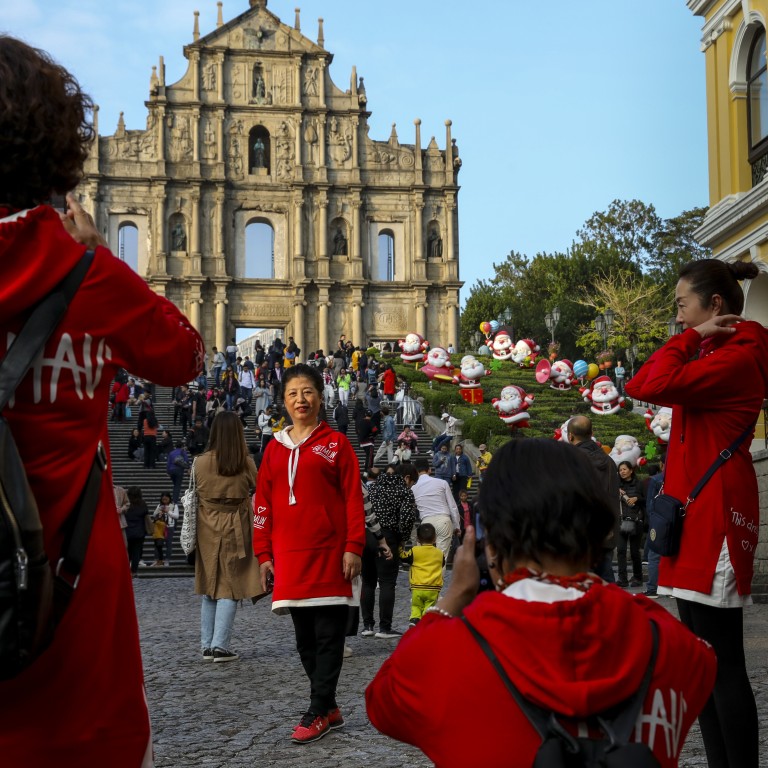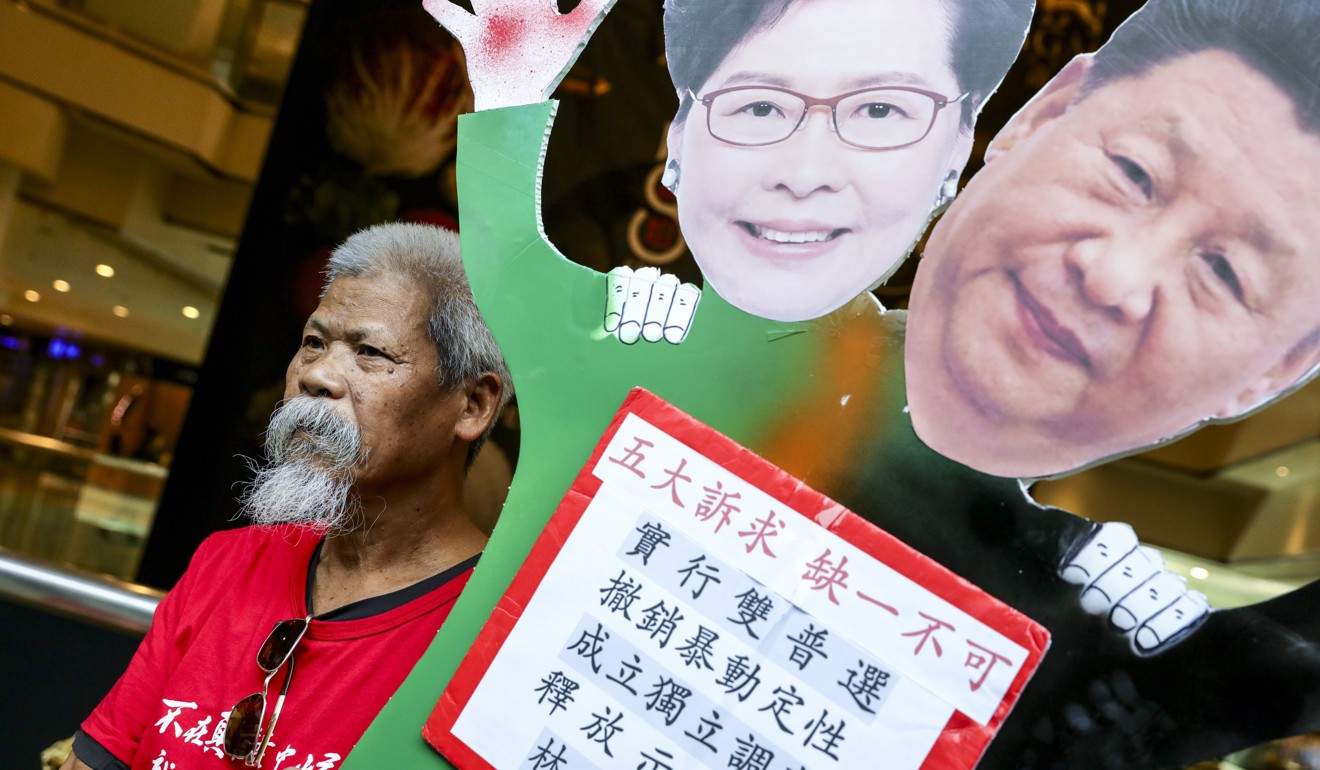
Macau and Hong Kong are too different for Beijing to treat them like peas in a pod
- Their different colonial histories bequeathed to Hong Kong and Macau different legal heritages that influenced their populations’ expectations of the government
- While Portugal offered Macau residents full citizenship, it also paved the way for Beijing to embed its officials in Macau’s postcolonial civil service and legal system
Hong Kong and Macau have never been twins. Yet, despite the huge differences between the two former European colonies, China has long sought to treat them like peas in a pod.
Hongkongers are the products of their distinctive legal history, which has left them with experiences, values, institutions, norms, procedures and expectations that are very different from those of their Macau neighbours.
The English did not bring political democracy to Hong Kong, but they did bring the common law and its belief in and practices for subjecting government to the rule of law. Colonial administrators were controlled by officials in London, who were themselves accountable to an increasingly democratic domestic legal system that illustrated to their colonies the expanding freedoms of expression and protections against arbitrary detention that the common law came to guarantee.
The people of Macau, so ethnically, culturally, linguistically and geographically linked to their Hong Kong cousins, have had a markedly different historical experience. Portugal brought to Macau a continental European civil law system and a criminal process that rested on different philosophical, religious and political developments and traditions that were reflected in the legal institutions established.

Macau therefore presented more attractive prospects for succumbing to the control of a communist legal system that is itself an amalgam of the Soviet legal system – which adapted continental European legal models – and China’s pre-“liberation” Kuomintang system, which Chiang Kai-shek developed from Western European models and Leninist influences.
Yet Beijing left nothing to chance in bringing Macau back to the motherland. It took ample advantage of Portugal’s eagerness to surrender its colony to the inevitable. Indeed, decades earlier, during the Cultural Revolution, Lisbon had tried to persuade Beijing to accept the colony’s return but was rebuffed by a Chinese government that was itself in turmoil and not ready to assume the responsibility, being content to gradually tighten its noose around Macau.
Post reporter denied entry into Macau to cover Xi Jinping’s visit
After the handover, unlike in Hong Kong, they were assigned to important positions in Macau’s new postcolonial legal system, especially in criminal law enforcement, serving as police, prosecutors and even judges. A compliant legal system was thus arranged.
Another key factor was the Portuguese government’s granting, before the handover, of full Portuguese citizenship to residents born in Macau before 1982 and their families, thereby enabling those who wished to avoid living under communist rule to live in Portugal or even other European Union countries.
Jerome A. Cohen, professor and faculty director of NYU Law School’s US-Asia Law Institute, is also adjunct senior fellow at the Council on Foreign Relations

